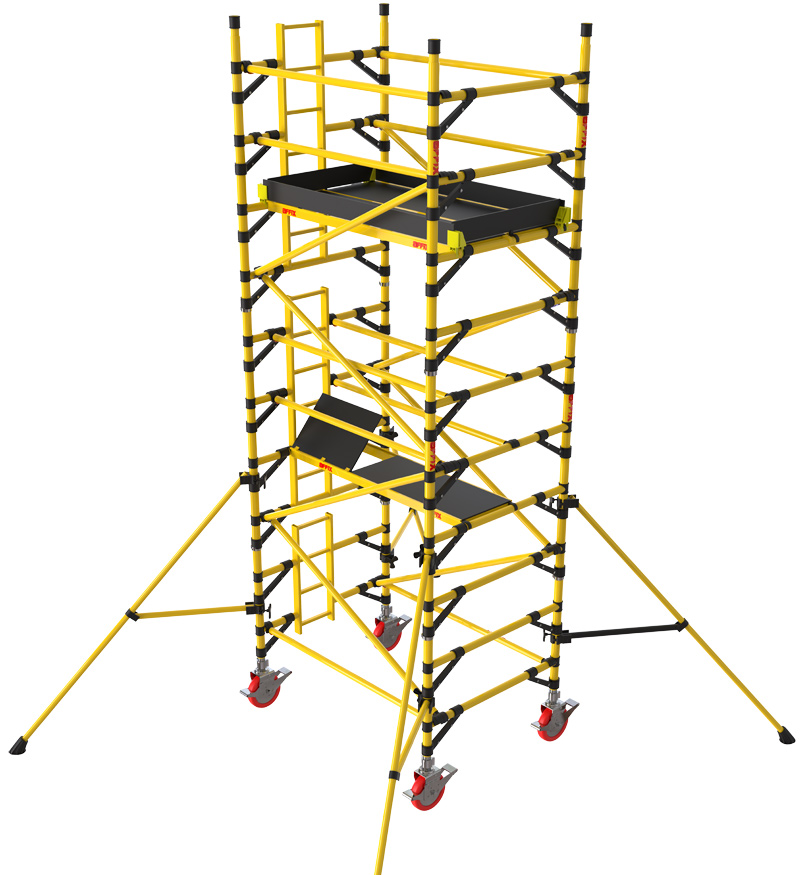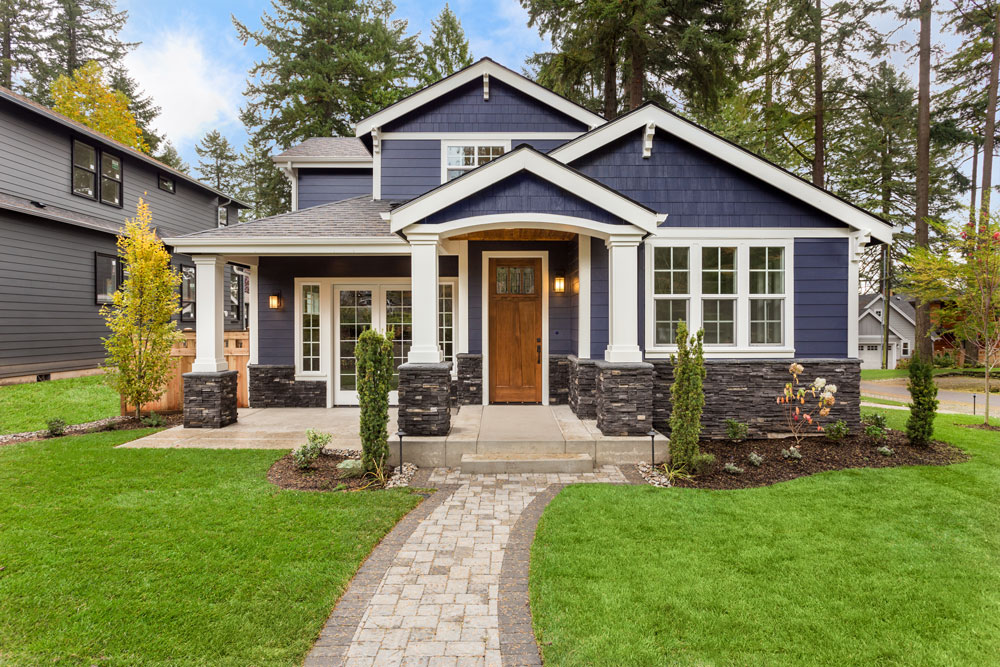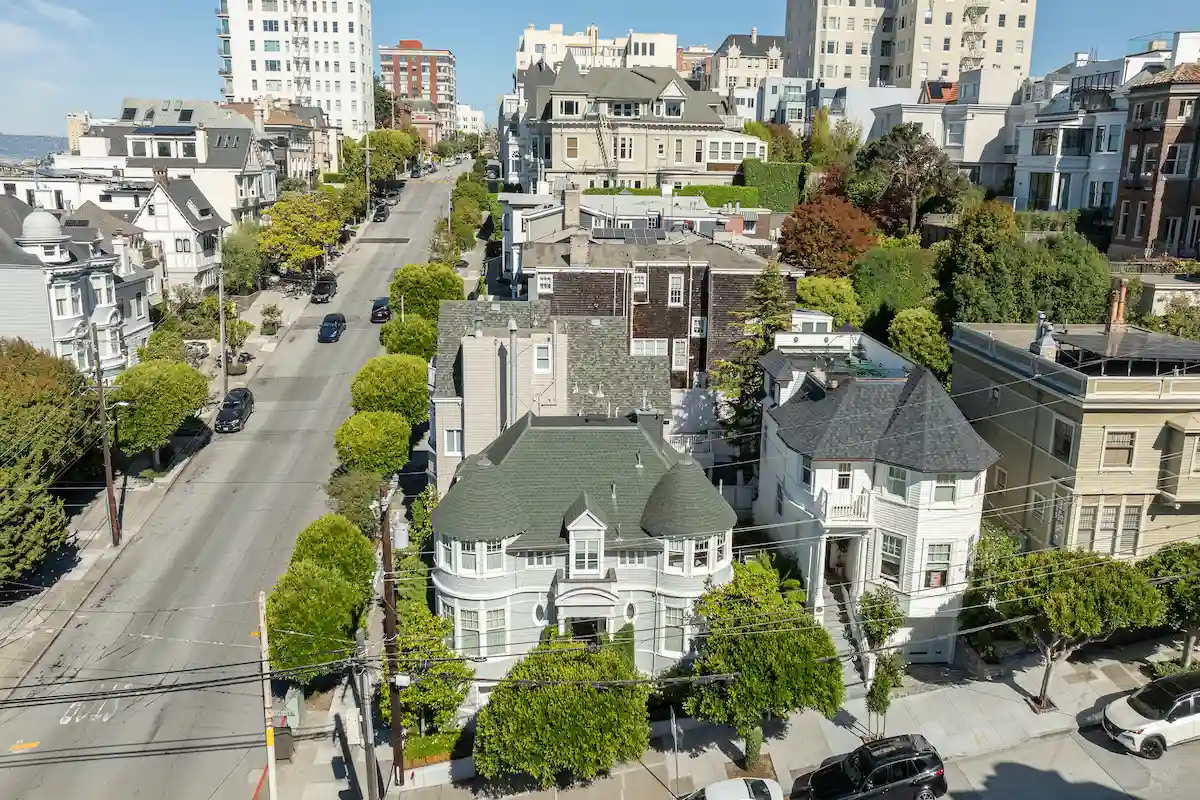Saudi Arabia’s industrial sector has long been the backbone of its economy, with oil, gas, and petrochemical operations playing a pivotal role. As the country continues its ambitious industrial expansion under Vision 2030, the need for reliable, safe, and efficient scaffolding systems has never been greater. FRP scaffolding in Saudi Arabia has emerged as a preferred solution for many of these projects, offering a combination of durability, safety, and adaptability in environments where conventional scaffolding struggles to perform.
From extreme desert climates to highly corrosive offshore facilities, the demands of Saudi Arabia’s energy infrastructure call for materials that go beyond the limitations of traditional metal scaffolding. This is where FRP (Fiber Reinforced Plastic) scaffolding stands apart — not just as an alternative, but as a purpose-built solution for industrial sectors that prioritize safety, longevity, and operational efficiency.
What is FRP Scaffolding?
FRP scaffolding is constructed using composite materials made of reinforced plastic with embedded glass fibers, offering a superior strength-to-weight ratio and resistance to corrosion, fire, and electrical conductivity. Unlike conventional steel and aluminum scaffolds, FRP scaffolding systems are lightweight yet extremely tough, providing a safer and more practical option for industries exposed to aggressive environmental and operational conditions.
The inherent properties of FRP materials allow them to retain structural integrity in extreme temperatures, withstand exposure to chemicals, and eliminate the risk of sparking, which is crucial in hazardous zones found in oil and gas processing plants.
Why FRP Scaffolding is a Game Changer in Saudi Arabia’s Industrial Sector?
In the challenging working environments of oil refineries, gas plants, and petrochemical complexes, the choice of scaffolding material isn’t merely about logistics — it’s a critical factor in ensuring operational safety, regulatory compliance, and cost management. Here’s why FRP scaffolding has become integral to these projects:
1. Corrosion Resistance in Harsh Environments
Facilities in the Eastern Province and offshore oil fields face constant exposure to saline air, chemicals, and high humidity. Traditional metal scaffolds are prone to corrosion, requiring frequent maintenance, surface treatments, or complete replacement. FRP scaffolding eliminates this vulnerability due to its non-corrosive nature. It remains unaffected by seawater, chemical fumes, or acid rains, reducing downtime and repair costs while extending the usable lifespan of the scaffolding system.
2. Enhanced Safety Standards
Saudi Arabia’s oil and gas sector operates under strict safety protocols. FRP scaffolding addresses multiple safety concerns:
- Non-conductive properties: Essential when working around high-voltage installations.
- Anti-slip surfaces: Reduce the risk of falls, especially in areas exposed to oil, chemicals, or moisture.
- Fire retardant capabilities: Many FRP scaffolding systems are manufactured to meet ASTM and EN fire resistance standards, minimizing hazards in flammable environments.
These attributes make FRP scaffolding a reliable ally in high-risk zones where worker safety cannot be compromised.
3. Lightweight and Easy to Assemble
Time efficiency is crucial during plant shutdowns, routine maintenance, or emergency repairs. The lightweight nature of FRP scaffolding allows for quicker assembly, dismantling, and repositioning. This is especially valuable in congested refinery areas where cranes or heavy lifting equipment may have limited access.
Moreover, its modular design enables complex configurations, adapting to intricate plant layouts without extensive customization, reducing both installation time and labor costs.
4. Thermal Stability
Temperatures in Saudi Arabia can soar above 50°C, while certain plant operations might expose structures to even higher heat levels. FRP scaffolding maintains its structural performance without warping, weakening, or becoming hazardous under such thermal stress, unlike metal scaffolds that expand and deform.
5. Long-Term Cost Efficiency
While the initial procurement cost of FRP scaffolding may be higher compared to conventional systems, its reduced maintenance requirements, longer lifespan, and minimized downtime translate into substantial long-term savings for oil, gas, and petrochemical operators.
Applications of FRP Scaffolding in Oil, Gas, and Petrochemical Facilities
The versatility of FRP scaffolding lends itself to various applications across different stages of industrial operations:
- Offshore Drilling Platforms: Working offshore subjects scaffolding systems to constant exposure to seawater, high winds, and corrosive gases. FRP scaffolding’s corrosion resistance and non-conductivity make it ideal for supporting maintenance, inspection, and repair activities on these platforms.
- Refineries and Processing Plants: Refineries handle large volumes of flammable gases and liquids, creating hazardous environments for conventional scaffolds. The fire-retardant and spark-resistant qualities of FRP scaffolding help reduce fire hazards while offering a stable and secure work platform for personnel.
- Gas Compression Stations: These facilities often have compact layouts with equipment densely packed together. The modularity and lightweight properties of FRP scaffolding allow for customized configurations to access difficult-to-reach areas without requiring disruptive plant shutdowns.
- Petrochemical Complexes: Petrochemical plants involve numerous processes with chemical emissions and high-temperature operations. FRP scaffolding withstands the aggressive chemical exposure while providing stable, non-slip platforms for plant shutdowns, routine maintenance, and emergency repairs.
Regulatory Compliance and Standards in Saudi Arabia
Saudi Arabia enforces rigorous safety and performance standards for scaffolding systems, especially in industries with high hazard levels. FRP scaffolding complies with international and regional safety codes, including:
- OSHA (Occupational Safety and Health Administration) regulations
- EN 131 and EN 12811 standards for scaffolding systems
- ASTM fire resistance ratings
- Saudi Aramco scaffolding specifications
Using FRP scaffolding not only ensures regulatory compliance but also demonstrates a commitment to worker safety and operational efficiency, two priorities consistently emphasized in Saudi Arabia’s industrial strategy.
Environmental Sustainability of FRP Scaffolding
As Saudi Arabia progresses toward a more sustainable industrial model, the environmental footprint of construction materials is increasingly scrutinized. FRP scaffolding contributes to these goals in several ways:
- Long service life reduces waste generation from frequent replacements.
- Corrosion resistance eliminates the need for chemical surface treatments, coatings, or primers.
- Its lightweight nature results in lower fuel consumption during transportation and installation.
- Recyclable components and minimal maintenance requirements further enhance its eco-friendly profile.
By integrating FRP scaffolding into their operations, companies actively support the Kingdom’s environmental initiatives without compromising operational reliability.
Challenges and Solutions in Implementing FRP Scaffolding
While the advantages of FRP scaffolding are clear, implementation in large-scale projects comes with its challenges:
- Initial Investment Cost: The upfront cost of FRP scaffolding is typically higher than traditional steel or aluminum systems. However, the long-term savings in maintenance, replacements, and labor hours often justify this investment. Many project owners in Saudi Arabia have reported overall lifecycle cost reductions upon adopting FRP systems.
- Awareness and Training: Given its relatively recent adoption compared to metal scaffolds, training personnel on FRP scaffolding assembly, safety practices, and maintenance is crucial. Manufacturers and suppliers in Saudi Arabia actively conduct workshops and on-site training sessions to bridge this knowledge gap.
- Customization and Load-Bearing Requirements: Certain heavy-duty applications may require careful structural assessments to ensure FRP scaffolding meets the required load-bearing capacities. Leading manufacturers provide engineered solutions tailored to specific operational needs, offering load calculation services and technical support for complex projects.
The Future of FRP Scaffolding in Saudi Arabia’s Industrial Growth
As Saudi Arabia continues expanding its oil, gas, and petrochemical infrastructure, the demand for advanced, safe, and reliable access solutions will only grow. FRP scaffolding is well-positioned to become a staple in this sector, supported by:
- The Kingdom’s push for modernization and adherence to global safety standards.
- Environmental sustainability goals under Vision 2030.
- An increasing focus on minimizing operational downtime and improving worker safety.
The adoption of FRP scaffolding reflects a broader trend toward specialized, high-performance construction materials capable of thriving in some of the world’s most demanding industrial environments.
Why Choose Affix Gulf Scaffolding Manufacturing LLC?
When it comes to sourcing dependable FRP scaffolding solutions in Saudi Arabia, Affix Gulf Scaffolding Manufacturing LLC stands out for several key reasons.
Our commitment lies in delivering scaffolding systems specifically engineered to meet the demands of the oil, gas, and petrochemical industries. Each product is manufactured with premium-grade materials and undergoes strict quality assurance protocols to ensure optimal safety and performance. We understand the operational complexities of energy sector projects and provide scaffolding systems that offer not only technical excellence but also ease of handling and longevity.
Affix Gulf Scaffolding Manufacturing LLC emphasizes tailored solutions, offering modular scaffolding systems and custom configurations that adapt to the unique challenges of each site. From corrosion resistance to fire retardancy and electrical non-conductivity, our FRP scaffolding systems are built to perform where conventional options fall short.
We back our products with technical support, on-site consultations, and workforce training services to ensure seamless integration into your operational workflows. Our dedication to innovation, safety, and client satisfaction has made us a trusted name in scaffolding solutions across Saudi Arabia’s industrial heartlands.
Partner with Affix Gulf Scaffolding Manufacturing LLC and equip your projects with scaffolding systems that meet the highest standards of safety, efficiency, and durability — because when the stakes are high, only the best will do.



